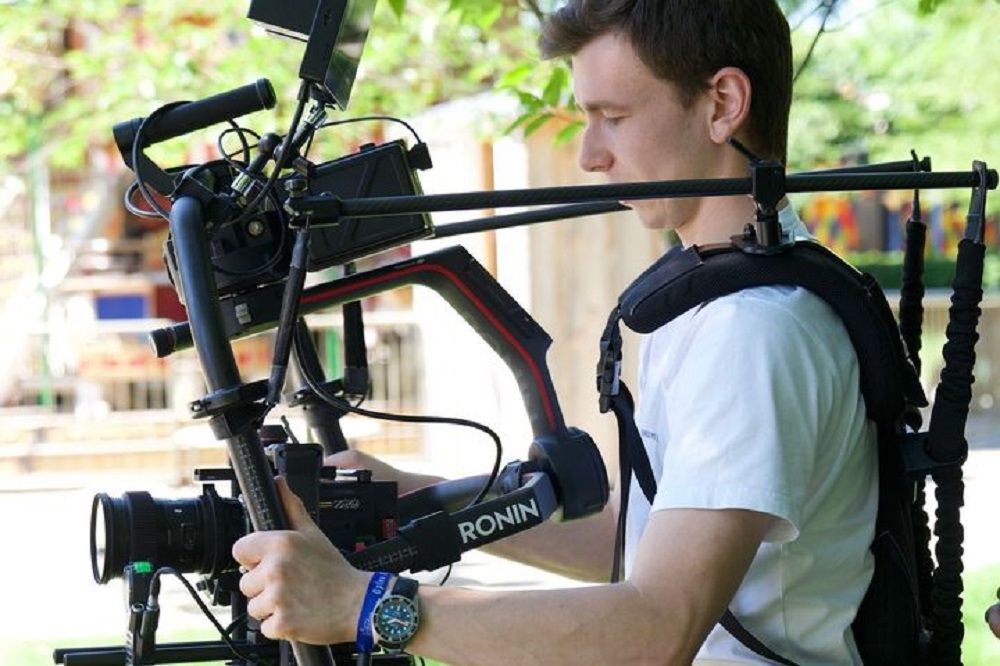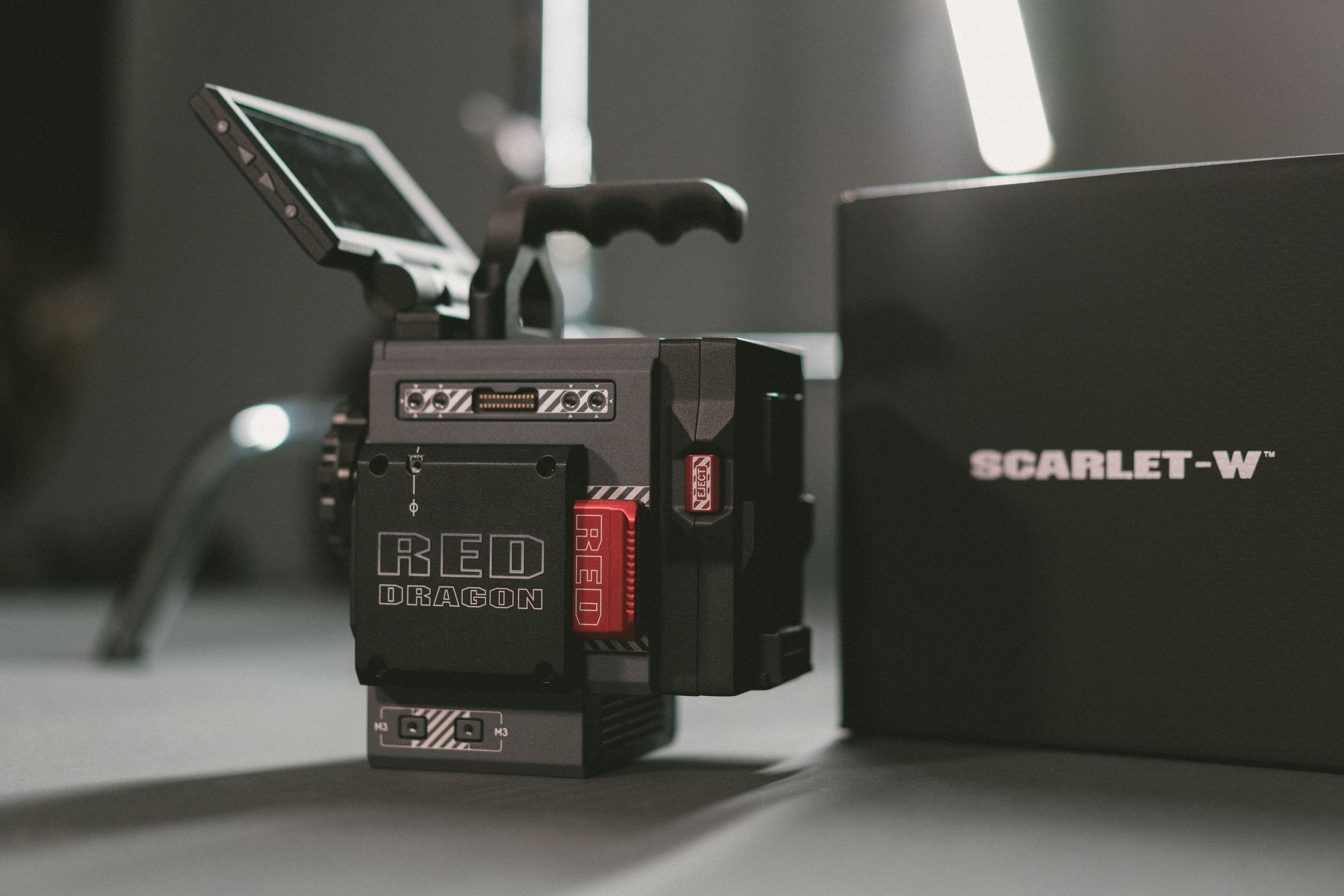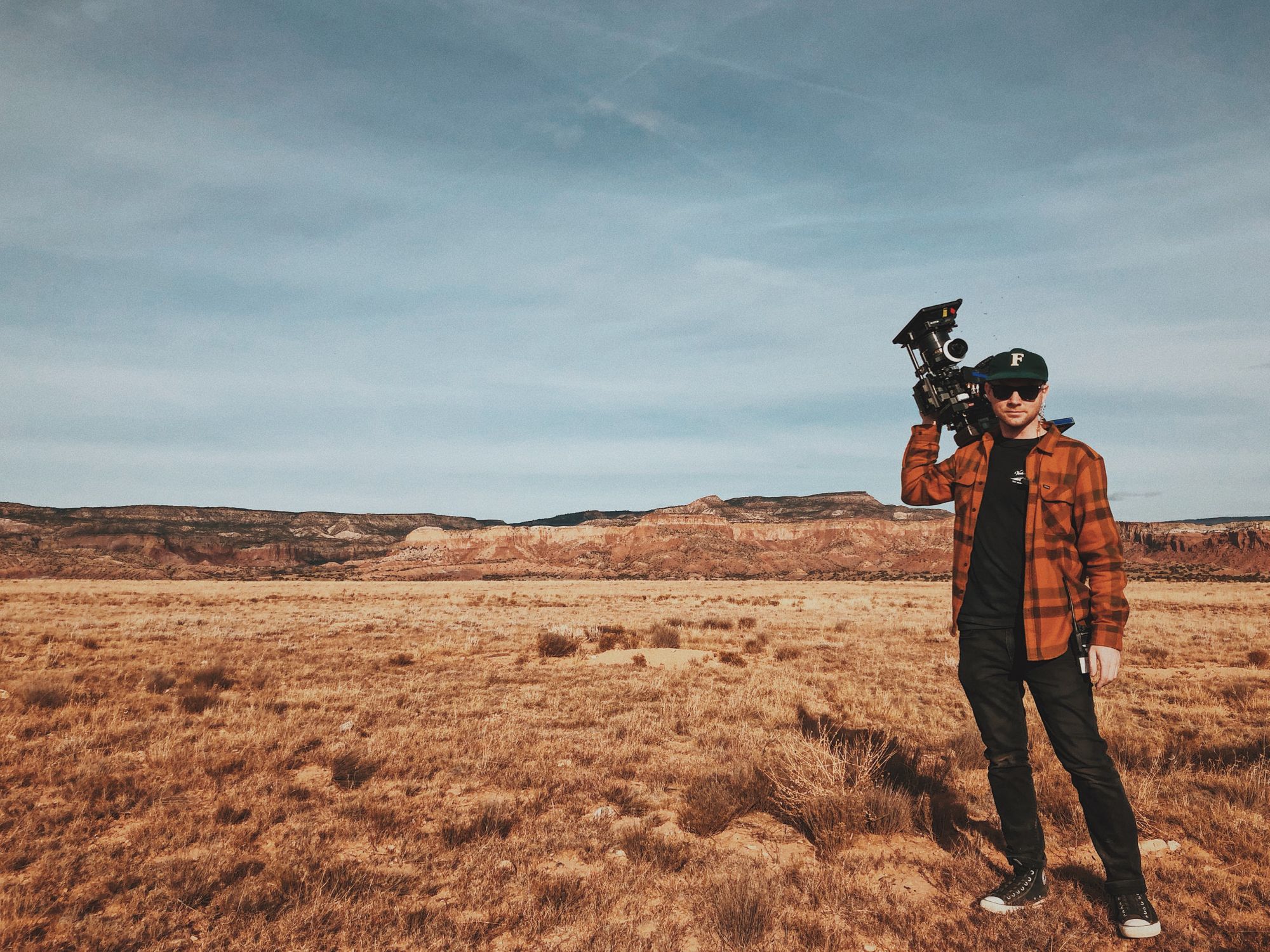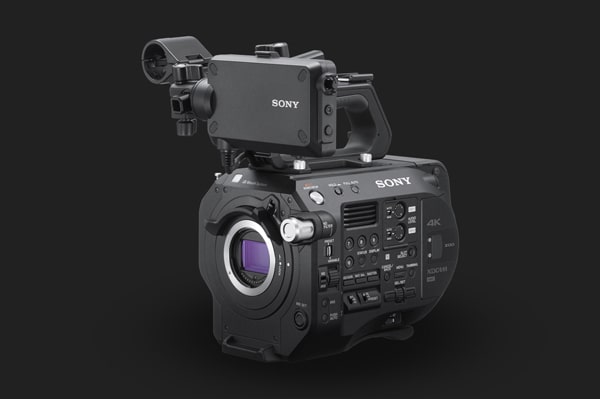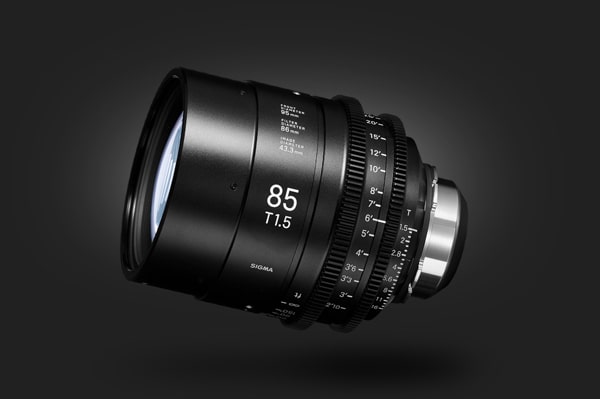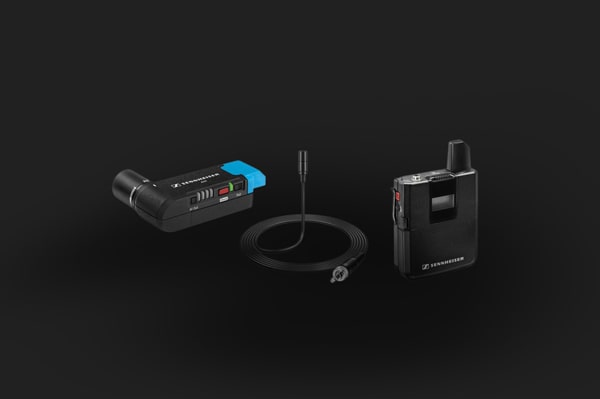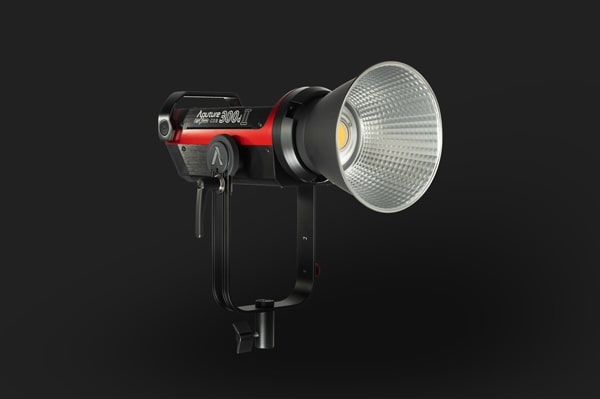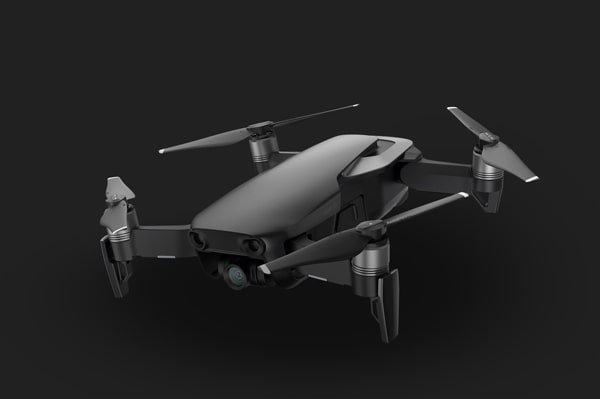Trusted by
30,000+
filmmakers
Feedback
4.97/5
12,342 reviews
Choose from
20,000+
listings
Description
FAQ
How to Select Your Digital Cinema Camera
Introduction
When you're trying to decide on the right digital cinema camera, there are a lot of things to consider. What are your budget and needs? What are the best brands? How much weight can you carry by yourself? How much do you want to spend on lenses? In this guide we'll go over all those questions in detail so that when it comes time for you to make your decision, you'll have all the information you need at hand!
Decide your budget
The next step is to decide how much money you have to spend on equipment. If you're doing a commercial project that requires a lot of special effects and needs to be shot in 4K, then it's going to cost more than if it were just an interview and some B-roll footage.
For example, if I'm shooting an indie feature film with limited resources, I'll probably go with a Canon C300 Mark II because they're cheaper than RED cameras but still produce great quality images (and they have great lenses). But if I'm working on something like Avengers: Infinity War--or even Batman v Superman: Dawn Of Justice--and need something that can shoot in 8K resolution without breaking the bank (which would be impossible), then RED or ARRI cameras are some good options!
Decide what you need
There are a number of factors to consider when choosing a digital cinema camera.
Purpose: What is the purpose of your shoot? Do you want to film an interview, a short film or maybe even a feature-length film? If so, then you'll need more than just one camera and crew member. You may also need lights and sound equipment.
Budget: Does your production have any budget constraints? If so, then there are certain things that can't be done with this type of equipment as it costs thousands of dollars per hour/day/week (or more) just for rental alone!
Timeline: How long do you have until completion? Will there be enough time available before deadline so as not to rush through post-production or editing processes which could lead down another rabbit hole altogether!
Look at the lens mount
The lens mount is the part of the camera that attaches to your lens. In DSLR cameras, this is usually an EF mount and on cinema cameras it can be any of three different types: EF (most common), PL or MFT.
EF stands for "electronic focus" and is used by most modern cinema cameras including Blackmagic Design's URSA Mini Pro 4K which has a 4K sensor with global shutter capabilities as well as Sony's F65 RAW camera. It also features dual native ISO levels of 800-1050 fps at full resolution (4K) or 1000 fps at 2K resolution with full pixel readout--making it ideal for shooting sports like boxing where you need fast action shots but also need quality images that are richly detailed without blown highlights or noisy shadows
Check out the output formats and codecs
When you're looking at a digital cinema camera, you'll want to check out the output formats and codecs that it supports. You'll want to make sure that your specific needs are met by each camera you're considering.
Consider the size of the sensor, and its weight
You may be wondering, "Why is the size of the sensor so important?" The answer comes down to three things: light sensitivity, depth of field and resolution.
The larger a sensor is relative to its focal length (the distance between its lens and imaging surface), the greater amount of light it can capture. This means that if you're shooting in low-light conditions--such as indoors or at night--a large-sensor camera will give you better results than one with a smaller sensor.
Look at the ISO range, dynamic range and resolution
The next thing you need to consider is the range of ISO, dynamic range and resolution.
ISO range: The higher the number is, the more sensitive it can be in low light situations. So if you're shooting at night or indoors where there aren't many lights, then a camera with a high ISO will come in handy. If not, then it doesn't really matter how much light they can handle as long as they have enough information at least when shooting outdoors during daytime hours (or even evening).
Dynamic Range: This refers to how much detail can be preserved in highlights and shadows at once--in other words, what happens when there's bright sunlight hitting dark objects? Some cameras have better dynamic range than others; however, this isn't something you should worry too much about since most filmmakers rarely shoot scenes where this comes into play unless they are doing documentary work.
When to buy new vs. used cine cameras
If you have a large budget and want the latest technology, then buying new is the way to go. However, if your budget is limited or environmental impact is important to you, then buying used may be more appropriate.
When to rent pro digital filmmaking cameras instead of buying.
Renting a camera is the best way to get the camera you want without having to commit to buying it. Renting also allows you to try out different cameras and lenses, so you can see which ones work best for your project.
If you are shooting a short film or indie movie, then renting may be less expensive than buying a camera with your own money in order to save up for when it's released in theaters worldwide (which could take years). You can rent a camera for as little as one day or up until several weeks! That makes renting an ideal option if you're shooting on location somewhere far away from home--it'll save time and money not having to ship equipment back and forth across state lines every day of production.
Buy or Rent from Wedio.
Renting or buying a professional cinema camera from Wedio is a great way to ensure you get the right equipment for your needs.
When you rent from Wedio, our global coverage is included with all rentals ensuring you if an accident happens with your camera kit. If you choose to buy a camera from Wedio, we offer Secure Escrow Payment and a third-party check of the camera equipment before delivery so that there are no surprises when it arrives!
Conclusion
So, there you have it! A quick guide to buying your first digital cinema camera. We hope that this will help you make a decision that's right for your needs and budget. If you're still unsure about which model is best or if there's anything else we can assist with, don't hesitate to contact us.
Designed for high-end film gear.
Secure Escrow Payment.

Third-Party Check.

Verified Sellers Only.
We carefully verify all sellers before they can sell equipment on Wedio.
Keep great stories alive.
Frequently asked questions.
What is Wedio Buyer Protection?
Wedio Buyer Protection is a set of features that ensures a safe and secure transaction for buyers on our platform. Here are some of the features included:
Secure Escrow Payment
Third-Party Check
Verified sellers
We carefully verify all sellers before they can sell equipment on Wedio. All members are verified with their national ID, address, previous experience, and social presence. This minimizes the chance of fraud.
Insured shipments
48-hour return policy
Personal support.
Our member success team is always just a phone call or chat away. We’re here to help you sort out any disputes.
How do I return gear?
1. Contact support.
2. Ship the gear back.
Send the equipment back fully insured and in its original packaging. You will be responsible for the return shipping costs in most cases.
3. Receive a refund.
How does the Third-Party Check work?
The "Third-Party Check" is an optional service offered by Wedio for a small additional fee. It allows buyers to have the equipment they are interested in purchasing sent through a Wedio-certified service center to be checked and verified before committing to the purchase.
Here's how it works:
1. As a buyer, you choose to add the "Third-Party Check" service to your order before checkout.
2. The seller sends the gear to a Wedio-certified service center for inspection.
3. The service center performs a detailed check of the equipment and provides a status report to you.
4. Based on the report, you can decide whether or not to proceed with the purchase.
This service helps you avoid purchasing low-quality or defective equipment and gives you peace of mind knowing that the gear has been verified by a professional service center.

